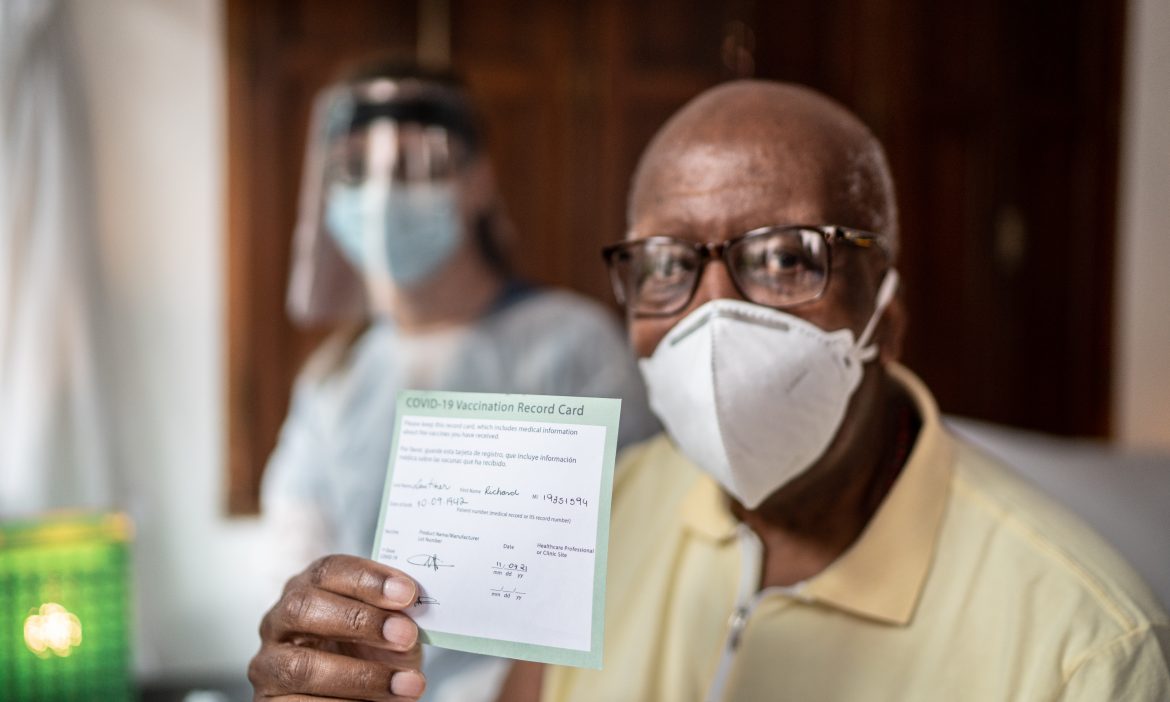Originally published in The Tennessean, August 2021
The COVID-19 pandemic has taken us all on a long, emotional journey, and sadly it’s not over. My job is to help our members and communities stay safe and healthy. That includes sharing clinical guidance to help them make well-informed choices.
To do that, I’ve kept a close eye on COVID-19 developments, from vaccine and booster studies to the surging Delta variant.
What you need to know
On Aug. 23, the Pfizer-BioNTech vaccine received full approval from the Food & Drug Administration for those age 16 and older following a three-month application review. The vaccine met rigorous standards for safety, effectiveness and manufacturing that the FDA requires for designation as an approved product. The approval process included extensive updates to the clinical data, testing results, production site inspections, etc. submitted to help earn its emergency use authorization (EUA).
The EUA will remain in place for children aged 12 to 15, and still applies for a third dose for immunocompromised people.
The FDA approval of Pfizer’s vaccine is welcome news, but we also have to keep it in context.
Vaccines help our immune system jump into action when our bodies are exposed to a virus or germ. But they can’t stop us from being exposed — that’s where precautions like masks and social distancing come in.
These precautions matter more than ever as Tennessee faces the effects of the Delta variant. Health care providers are seeing cases spike, and COVID-19 hospitalizations are climbing. Our partners at Ascension Saint Thomas have shared that more than 99% of COVID-19 hospitalizations in the U.S. were among the unvaccinated — and that data is mirrored in Middle Tennessee hospitalizations and death rates, as well.
While no medical tool is 100% effective, the COVID-19 vaccines have proven to reduce serious illness and slow the spread of the disease. We’ve learned with the Delta variant that new strains can become more contagious and dangerous. However, vaccines offer strong protection and help our bodies fight the original virus and Delta.
Looking forward
My hope is that with Pfizer’s vaccine earning full FDA approval, many people who have been hesitant to receive these vaccines are assured of their safety and efficacy. In fact, a recent Kaiser Family Foundation poll found that 30% of unvaccinated Americans said they’d be more willing to get vaccinated following full authorization from the FDA.
With less than half of eligible Tennesseans (age 12 and over) fully vaccinated, this approval — and the change in perception it brings with it — could make a huge difference.
But it’s important to note we already have a considerable amount of real-world data on these vaccines from clinical trials and more than 350 million doses administered.
Despite a concerted effort by some people to raise doubts about the vaccines, the consensus among the medical community at large is that COVID-19 vaccines are safe and saving lives.
As we face the more contagious and dangerous Delta variant, getting vaccinated as soon as you can is critical. Our hospitals are filling up once again and many people continue to face “long-haul symptoms” after getting sick with COVID-19.
You may have heard the good news that COVID-19 vaccine boosters are already authorized for immunocompromised people. This is important because their bodies most likely didn’t create a strong enough response based on their initial vaccination.
So we all need to get vaccinated — and get a booster when eligible — for our own protection, as well as for the health and safety of our communities.
If you have concerns, talk to your primary care provider. They know your history and can help you make the right choice.


 Dr. Willis ensures that all clinical initiatives and quality endeavors support the needs of our members, and contribute to the overall health and well-being of our communities.
Dr. Willis ensures that all clinical initiatives and quality endeavors support the needs of our members, and contribute to the overall health and well-being of our communities.